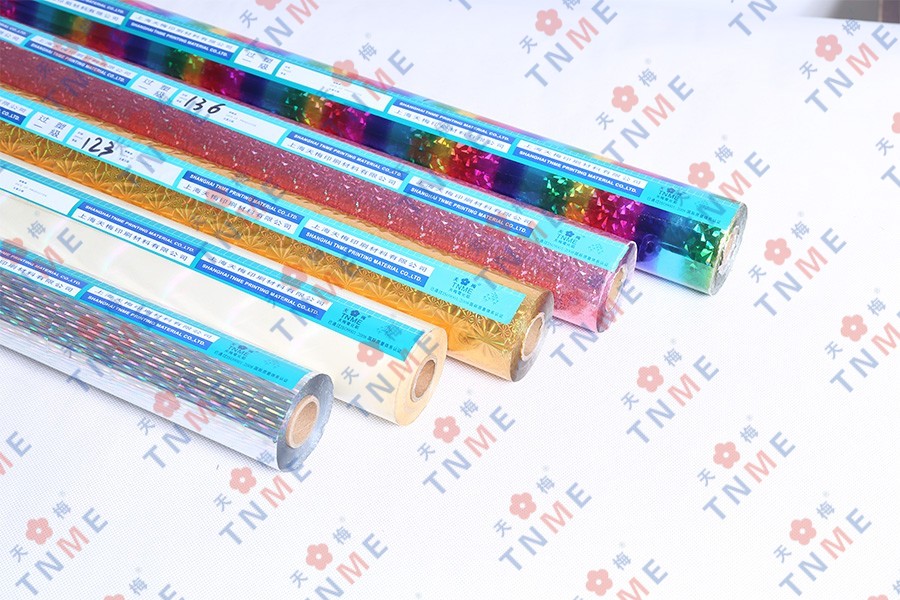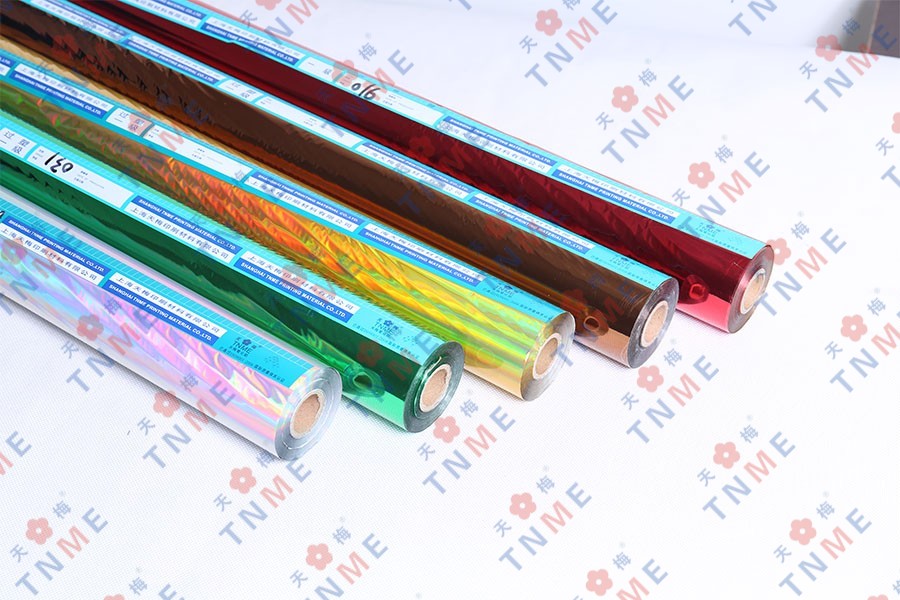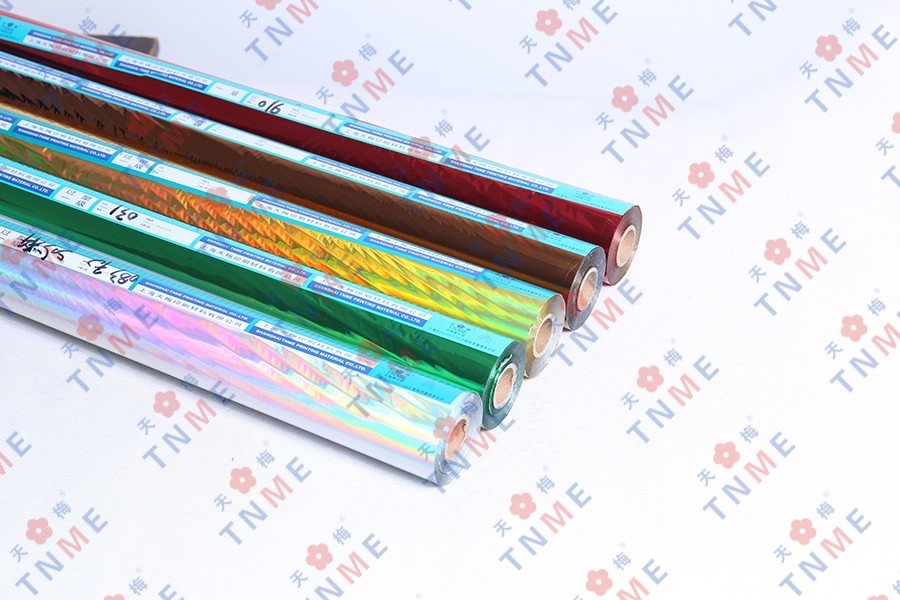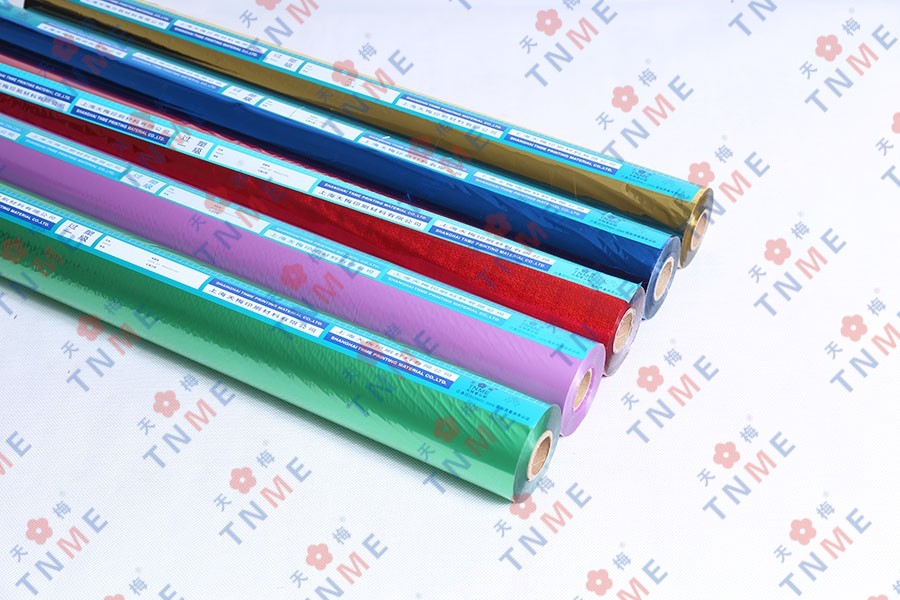How long does plastic foil take to decompose?
Author:admin Date:2023-12-28
Plastic foil, also referred to as plastic wrap or grasp movie, is a generally used packaging material that has grow to be a full-size environmental subject due to its lengthy decomposition time and contribution to plastic pollutants. In this response, we are able to discover how long plastic foil takes to decompose and the effect it has at the environment.
Plastic foil is crafted from polyvinyl chloride (PVC) or polyethylene (PE), that are each synthetic polymers derived from fossil fuels. These polymers have a sturdy molecular structure that makes them proof against decomposition. As a end result, plastic foil takes a notably long term to interrupt down in the environment.
On average, plastic foil can take everywhere from 100 to 500 years to decompose, depending on various factors. The decomposition manner is encouraged via environmental conditions including temperature, sunlight publicity, and moisture ranges. In most beneficial situations, wherein there's sufficient warmth, daylight, and oxygen, plastic foil may break down slightly quicker. However, if buried in a landfill or trapped in water bodies, its decomposition time can expand significantly.
One considerable component that influences the decomposition of plastic foil is publicity to UV radiation from the solar. UV rays purpose the plastic molecules to interrupt down and weaken over the years. This process is referred to as photodegradation. However, in spite of publicity to UV radiation, plastic foil can nevertheless take numerous many years or more to completely decompose.
Another element that impacts the decomposition time of plastic foil is the sort of polymer utilized in its manufacturing. PVC plastic foils have a longer decomposition time compared to PE plastic foils. PVC is greater immune to degradation and can persist within the environment for hundreds of years.
The extended decomposition time of plastic foil poses serious environmental demanding situations. The accumulation of plastic waste in landfills and ecosystems has unfavorable effects on flora and fauna, marine existence, and human fitness. When plastic foil is not properly disposed of, it could become in oceans and water our bodies, wherein it breaks down into microplastics that are ingested by using marine organisms. This ingestion can lead to entanglement or suffocation and reason excessive health issues inside the food chain.
To mitigate the environmental impact of plastic foil, it is vital to recall greater sustainable alternatives. Many producers and people are turning to biodegradable or compostable alternatives, made from renewable assets like plant-based materials or bioplastics, that have a shorter decomposition time as compared to conventional foil.
In end, plastic foil takes a widespread amount of time to decompose, with estimates ranging from a hundred to 500 years. Factors inclusive of publicity to UV radiation, environmental situations, and the form of polymer used in manufacturing all have an effect on the decomposition rate. The extended decomposition time of plastic foil contributes to the accumulation of plastic waste in landfills and ecosystems, leading to extreme environmental effects. It is important to promote the use of sustainable alternatives to mitigate the effect of plastic foil and address the developing subject of plastic pollution.




 English
English 中文简体
中文简体

















